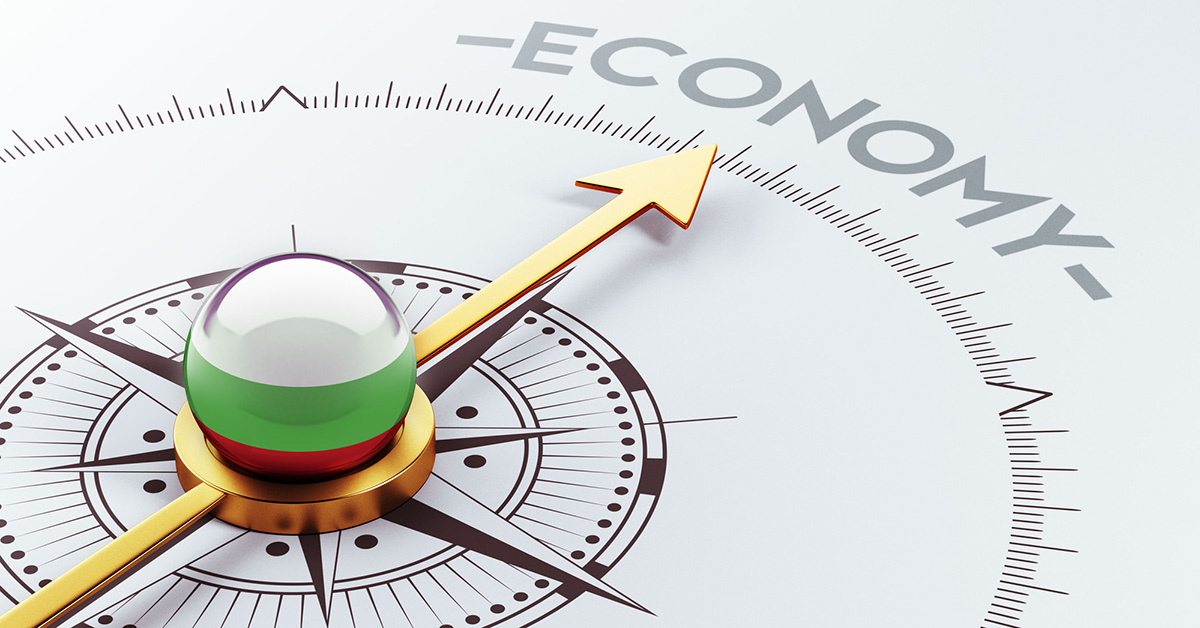By Abiodun Ayantoye
There is no denying the fact that many Nigerians are facing one of the most severe economic challenges one can imagine in peace time. Nigerians have had to contend with rising cost of living due to inflationary pressures with largely static incomes. This has left many households in an intense battle for survival.
However, we did not get to this precarious point overnight. We basically sleep walked ourselves into trouble over a period spanning decades. The immediate trigger for the sudden spike in the cost of goods and services in the past couple of months across the country was the twin decision of the federal government to remove fuel subsidy and also attempt to liberalise the foreign exchange market back in June, 2023.
The removal of fuel subsidy in June 2023 was unavoidable because we had gotten to a point where Nigeria was basically borrowing to subsidise fuel price for not just Nigerians but indirectly subsidising fuel price for other West African countries, as well as central African countries such as Chad, Cameroon, Central African Republic etc. With the Petroleum Industry Act in force, it was mandatory that subsidy was discontinued.
The immediate impact of the subsidy removal was the increase in transportation cost and by extension cost of foods and other goods that require transportation. Service providers also increased their prices. Amidst these increases, the income of a lot of Nigerians especially public service workers however remained stagnant.
The liberalisation of the foreign exchange market on the hand was also very necessary because the CBN under Mr. Godwin Emefiele for close to eight (8) years was using scarce forex to ‘defend’ the Naira so as to maintain the exchange rate at a largely static price in the official market. Even in the official market, there were many segments with different rates. All these rates were far lower than the rate at the parallel market. This opened the door for round tripping and arbitrage. Many simply got forex from the official market and diverted to sell at huge profit margins at the parallel market.
A combination of subsidy removal and floating of the Naira was bound to shake the foundation of Nigeria’s economy and the hardship Nigerians are facing are inevitable consequences of these reforms. But we have good news amidst the seemingly gloomy picture. This is a necessary phase for Nigeria to cure the defects in the structure of our economy. We cannot be borrowing to fund consumption or making currency speculators overnight millionaires at the detriment of the nation’s long term survival. If we had continued at that pace, by now Nigeria would have collapsed economically.
At least today, we have removed the fuel subsidy burden from our annual spendings. In 2022 alone, more than N4 trillion was spent on PMS subsidy, which amounted to about 20% of the 2022 budget. Imagine where fuel subsidy gulps 20% of the federal budget thereby causing a strain on the fiscal viability of the government, you would be left with no option than to reduce spending on things like infrastructure, education, health, transportation etc just to subsidise fuel consumption. If we had enough buffer, subsidy would have been tenable.
Nigeria is inching closer to self-sufficiency in petroleum products following the commencement of operations at the Dangote refinery and the Port Harcourt refinery. We should expect a stable pump price with minor fluctuations. In addition, a lot of foreign exchange inflows will be recorded from export of excess products. Beyond petrol, the federal government is equally fast tracking the utilisation of CNG as a very cheap alternative fuel for transportation.
On the monetary side, the new CBN management team led by the CBN Governor, Dr. Yemi Cardoso is fighting a spirited battle to stabilise the foreign exchange market as well as ensure price stability. In the past few weeks, we have seen remarkable CBN interventions aimed at boosting liquidity in the foreign exchange market. These CBN directkve/policies are already yielding visible results. In one week, Nigeria’s forex market recorded a turnover of $1.83 billion turnover in one week. That suggests drastic increase in liquidity. Hopefully it will translate to a stable exchange rate and that means stable price of imported and local commodities since businesses arbitrary hike prices once exchange rate trends upwards.
President Bola Ahmed Tinubu is focused on stabilising the economy and reducing the food inflation through a combination of short-term and medium to long term actions. Some of these solutions include release of food from the national strategic grain reserve to increase supply of staple foods across the country, massive support to farmers with inputs to bring more land under cultivation in the new planting season, removal of custom duties on some imported items to reduce retail prices etc.
The government is equally extending various grants and low interest loans to MSMES and manufacturers to support expansion or to supplement their running expenses with a bid to save jobs and increase local productivity. A total of N200 billion will be disbursed in the three schemes which include the conditional grant scheme, the FGN micro, small and medium enterprise (MSME) intervention fund, and the FGN manufacturing sector fund.
Infrastructural development is also a major priority of Tinubu’s government and a lot of ongoing projects have continued to receive funding with many new ones set to commence. Housing is also receiving attention with a massive nationwide Renewed Hope housing project already flagged off in the FCT to provide 20,000 housing units there. The power sector challenges are also being tackled by the federal government in a way that will deliver full value for Nigerians.
Beyond the current hardship in the country, there are very many reasons to be optimistic and keep hope alive that we will turn the corner and start our journey to a great and prosperous nation where no one is left behind. All we need to do is to persevere a little longer, succour is near.

